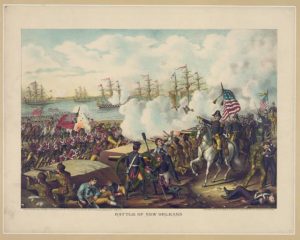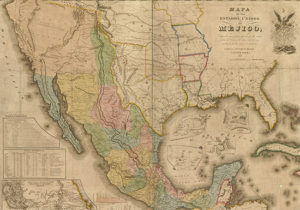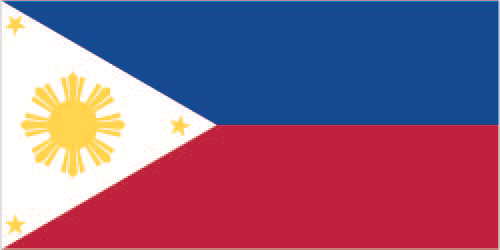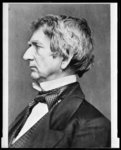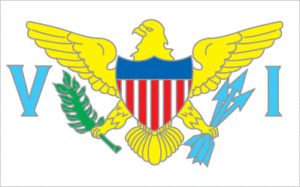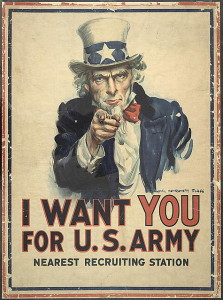
Albert Bierstadt’s Painting of Niagara Falls
Canada and the United States began a joint project in 1929 to protect Niagara Falls. Three waterfalls, Bridal Veil Falls, Horseshoe Falls, and the American Falls, lie on the Niagara River. The river empties Lake Erie into Lake Ontario. Hydroelectric power and tourism result from the Falls. Erosion has been slowed down by the efforts of Canada and the United States. Children can learn more about Niagara Falls at: Niagara Falls.
